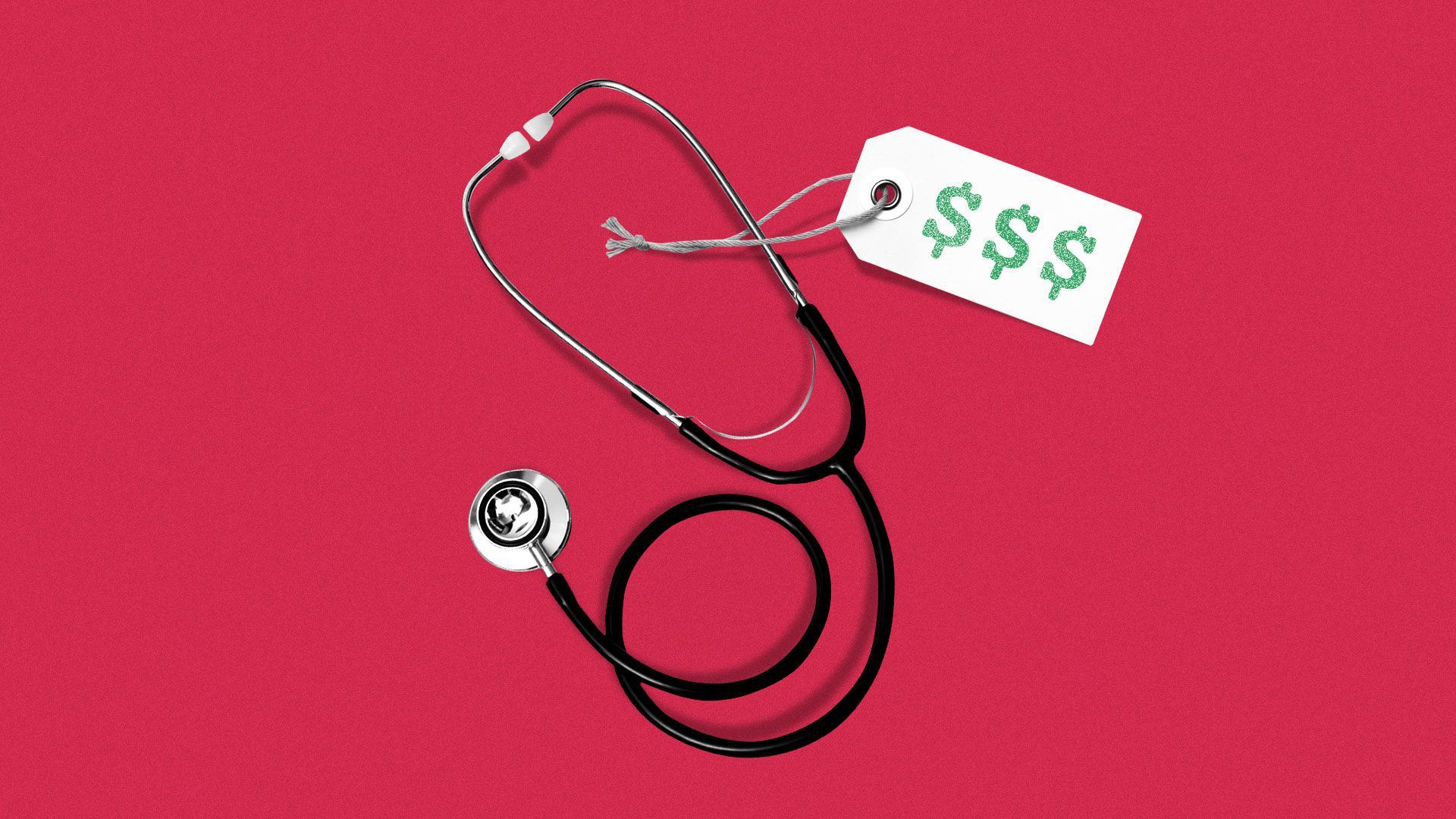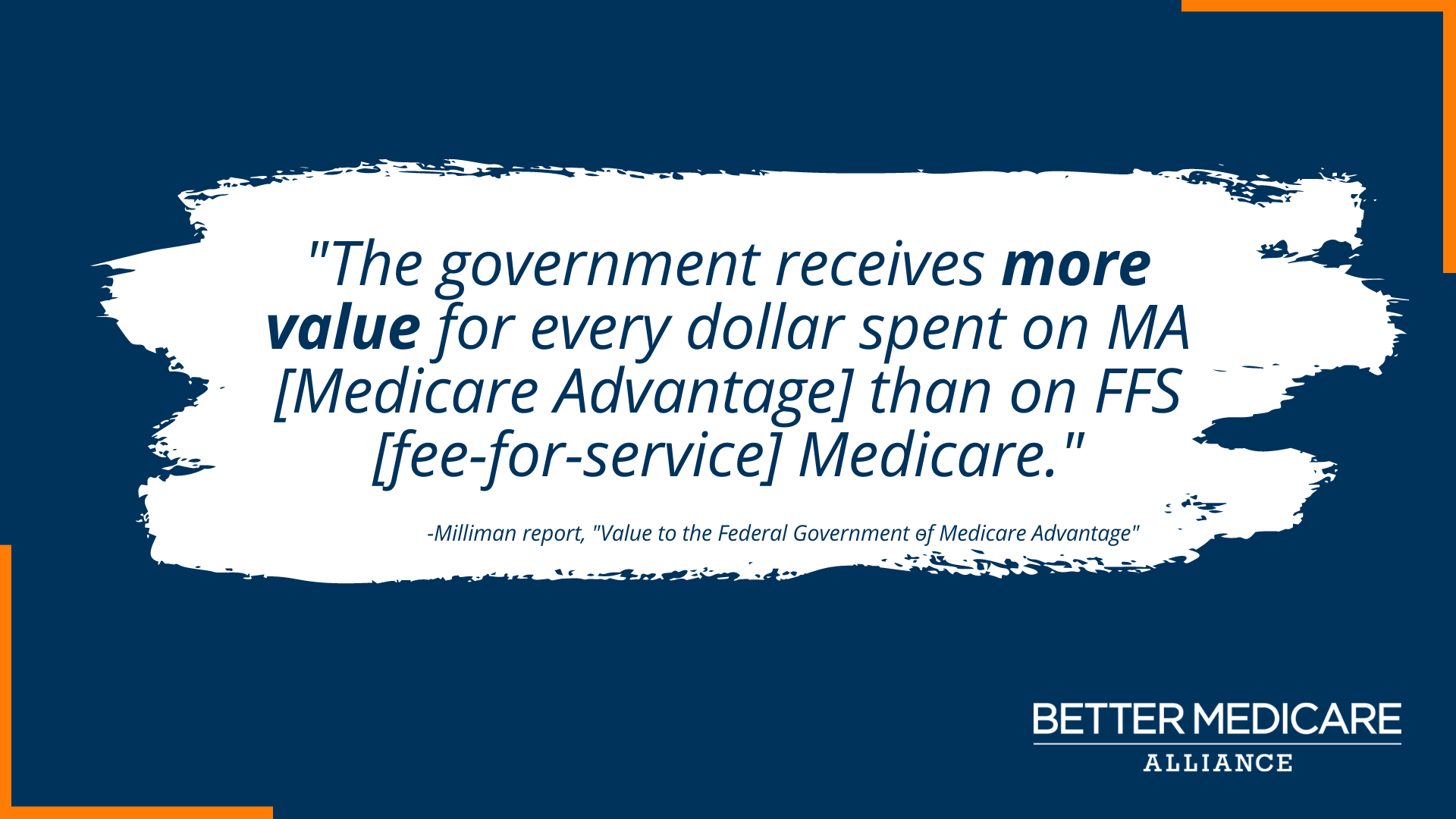Plus, new Thanksgiving duties | Wednesday, November 24, 2021
| | | | | | | Presented By Better Medicare Alliance | | | | Axios Vitals | | By Tina Reed ·Nov 24, 2021 | | Good morning, Vitals readers. Today's newsletter is 856 words, or a 3-minute read. 🦃 Programming note: Vitals won't publish on Thursday or Friday for Thanksgiving. We wish you and your loved ones a very happy and safe holiday! - 👏 We're thankful for a few days off, seeing family and friends, and the chance to play our own version of this brilliant Thanksgiving bingo from Axios Des Moines.
| | | | | | 1 big thing: COVID vaccines of the future may not be shots |  | | | Illustration: Aïda Amer/Axios | | | | As vaccine makers pursue the next generation of COVID-19 vaccines, some are working to develop products that wouldn't require a shot. Why it matters: Delivering a vaccine through a pill or a nasal spray could make them much easier to administer, especially in places where distribution is challenging — or even for people who just don't like needles. Driving the news: San Francisco-based biotech Vaxart is working on a COVID vaccine that would be delivered in an oral tablet. - India's Bharat Biotech advanced its nasal COVID-19 vaccine candidate into a phase 2 clinical trial earlier this fall.
What they're saying: Vaxart founder and chief scientific officer Sean Tucker told Axios he started the company because he found it difficult to get his flu shot every year. - "I thought 'Hey, if someone mailed me a tablet in the mail every year, I would take that vaccine all the time,'" Tucker said.
State of play: Tucker will present details of the oral vaccine program at the World Vaccine & Immunotherapy Congress West Coast 2021 next week. - Vaxart began enrolling about 100 people in a Phase 2a clinical trial last month and expects to have a readout of that efficacy trial in the first quarter of 2022.
- Vaxart's vaccine showed promise in animal trials, the results of which were published in early October.
What's next: Even if everything continues to go well, the earliest the company would be able to apply for an emergency use authorization from the FDA is still at least a year to 18 months away — but the world will still need COVID vaccines in a year to 18 months. Share this story. |     | | | | | | 2. The Thanksgiving bouncers |  | | | Illustration: Sarah Grillo/Axios | | | | Those trying to keep the Thanksgiving table safe amid lingering COVID concerns may find themselves with an unenviable new position: Thanksgiving bouncer. How it works: Most at-home rapid tests take about 10 minutes and cost around $25 for packs of two. - Alternatively, guests who have gotten a PCR test within a couple of days could bring evidence of their negative results.
The other side: Rapid antigen tests overall aren't quite as accurate as PCR tests. In theory, a false positive could leave guests out in the cold while a false negative could give an undue sense of security. - "If you are negative, you can draw some comfort in that, but it doesn't mean you'll always be negative. You just might be below the threshold," said Gigi Gronvall, a senior scholar at the Johns Hopkins Center for Health Security. "But you also might not, at that moment, be as much of a danger to somebody else either."
🎙 Listen up: The Axios Today podcast discusses how COVID testing should factor into your Thanksgiving |     | | | | | | 3. Doctors are becoming a hot commodity |  | | | Illustration: Eniola Odetunde/Axios | | | | Pharmacies and insurers are increasingly competing to directly hire doctors and nurse practitioners as they move deeper into primary health care delivery, Axios' Hope King and Bob Herman report. Driving the news: The latest example is CVS Health's latest plan to reduce its retail locations as it pours more resources into its digital health delivery and health hub locations. Why it matters: Primary care is the starting point for all other points of health care. Companies that own more of those interactions are offering convenience to consumers, while also standing to make more money. The big picture: In its announcement earlier this month, CVS said it needs to hire doctors to fulfill its vision of becoming a one-stop-shop for health care services. - Walgreens Boots Alliance also said recently it's investing billions into new clinics.
- Two major health insurers, UnitedHealth Group and Humana, have increasingly purchased physician offices over the past few years.
What they're saying: "Primary care is a small component of overall medical costs ... but it wields significant influence on the total medical cost picture," CVS CEO Karen Lynch said on the company's last earnings call. Read the rest. |     | | | | | | A message from Better Medicare Alliance | | Medicare Advantage delivers for seniors – and the government | | |  | | | | Independent research shows that "the government's dollar goes further with Medicare Advantage" than fee-for-service (FFS) Medicare. Medicare Advantage is delivering more benefits and lower costs for seniors while providing value for the health care system. Read more. | | | | | | 4. Congress decimates 911's digital upgrade |  | | | Illustration: Sarah Grillo/Axios | | | | Public safety officials fear the nation's 911 centers will continue to languish in the analog era, after Democrats slashed proposed funding for a digital makeover in their social spending bill, Axios' Margaret Harding McGill writes. Why it matters: The potentially life-saving ability to send texts, pictures or videos to 911 centers, and for centers to seamlessly share data with each other, remains out of reach for many of the country's 6,000 centers. - The House Energy & Commerce Committee advanced a proposal that would have spent $10 billion on next-generation 911 centers in September.
- But that funding was reduced to $470 million in the final House version of the Build Back Better Act.
- A 2018 cost report estimated it would take about $12 billion to implement the networks nationwide, though advocates say $15 billion might be needed.
Go deeper. |     | | | | | | 5. Business notes | - Jury holds pharmacies responsible in groundbreaking opioids case. (Axios)
- Anesthesiologists accuse Blues plan of abusing surprise billing ban. (Modern Healthcare)
- Epic-generated sepsis alerts increased during COVID-19, study shows. (Healthcare IT News)
- Intermountain Healthcare to use drones to deliver medications. (Utah Public Radio)
- Robert Califf, Biden's pick to lead FDA, has millions invested in pharma and tech companies. (STAT)
|     | | | | | | A message from Better Medicare Alliance | | Medicare Advantage delivers for seniors – and the government | | |  | | | | Independent research shows that "the government's dollar goes further with Medicare Advantage" than fee-for-service (FFS) Medicare. Medicare Advantage is delivering more benefits and lower costs for seniors while providing value for the health care system. Read more. | | | | Did someone forward you this email? Here's how you can subscribe. |  | | It'll help you deliver employee communications more effectively. | | | | | | Axios thanks our partners for supporting our newsletters. If you're interested in advertising, learn more here.
Sponsorship has no influence on editorial content. Axios, 3100 Clarendon Blvd, Suite 1300, Arlington VA 22201 | | | You received this email because you signed up for newsletters from Axios.
Change your preferences or unsubscribe here. | | | Was this email forwarded to you?
Sign up now to get Axios in your inbox. | | | | Follow Axios on social media:    | | | | | |








No comments:
Post a Comment